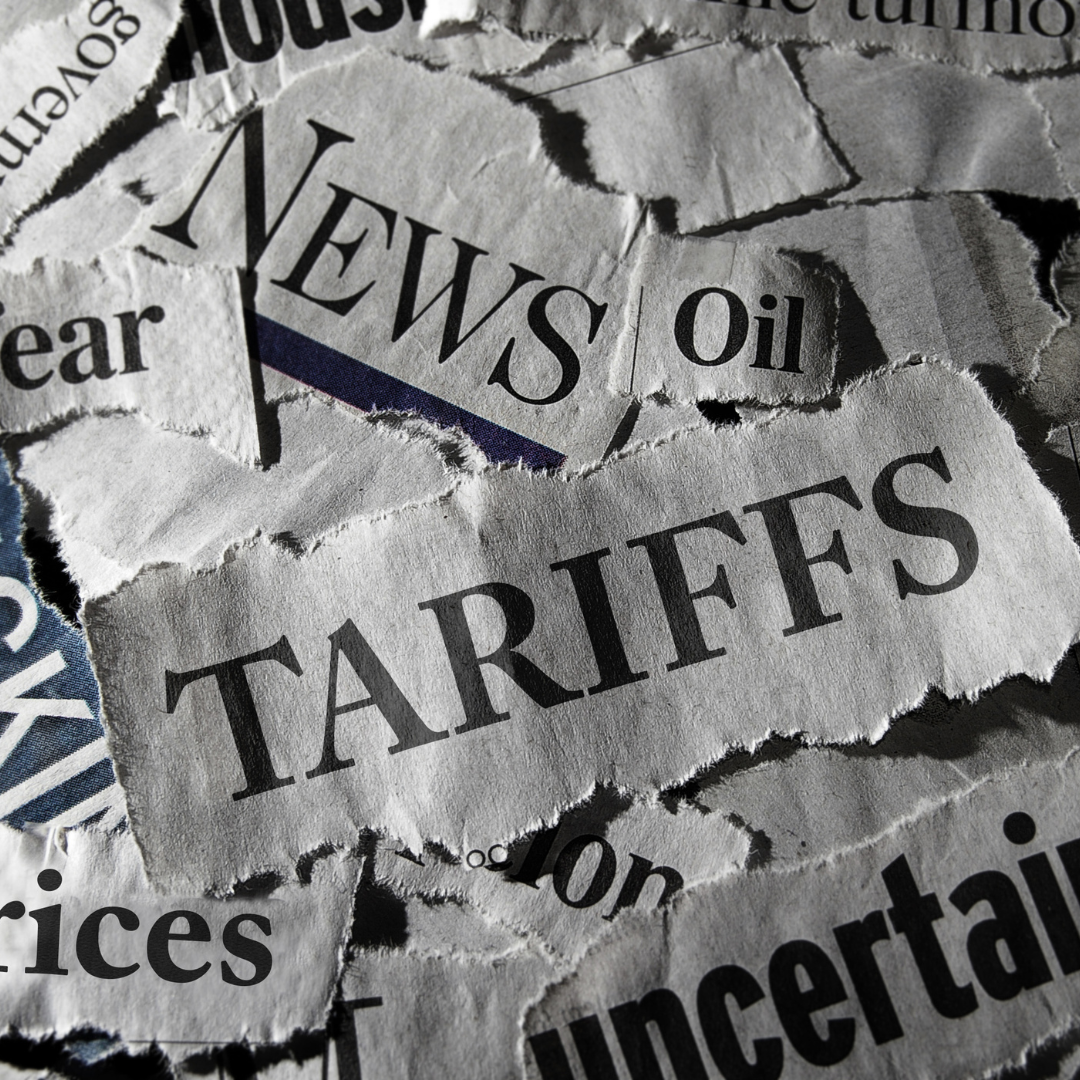Trump’s “Liberation Day” Tariffs: What Trucking Needs to Know About the Coming Economic Shift
On April 2, 2025, President Donald Trump announced a sweeping wave of new reciprocal tariffs, marking what the White House dubbed “Liberation Day.” While the administration touts this as a major push to restore American manufacturing dominance, economists and industry leaders are voicing serious concerns about ripple effects that could reshape trade, pricing, supply chains—and the future of trucking.
These tariffs impact a wide range of goods and trading partners, including allies like Canada, Mexico, and the European Union, and extend to vital sectors like autos, steel, oil, pharmaceuticals, chips, and lumber.
What Are Reciprocal Tariffs and Why Do They Matter?
Trump’s “reciprocal” tariffs are designed to match the tariffs that other nations impose on U.S. exports. But critics argue that this tit-for-tat approach risks stoking trade wars and economic instability.
Key highlights of the policy include:
25% tariffs on auto imports
Expanded tariffs on steel and aluminum
Import taxes on pharmaceuticals, copper, computer chips, and lumber
Tariffs on countries importing oil from Venezuela
Potential for a universal 20% tariff, which could cost U.S. households $3,400–$4,200 per year, according to Yale’s Budget Lab
The White House argues these measures will stimulate domestic production and restore “the golden age of American manufacturing.” But for the trucking industry, which relies on efficient supply chains and cross-border trade, the reality could be higher costs and operational uncertainty.
How the Tariffs Could Impact Trucking
Trucking sits at the intersection of trade, logistics, and the real economy, meaning any major shift in global commerce directly hits freight movement, shipping volumes, and bottom lines.
🚛 Increased Freight in the Short Term
While tariffs raise the cost of goods, they often spur short-term domestic production. This could mean a temporary boost in freight volume, especially as companies move to nearshore manufacturing and rely more on U.S.-based transport.
💸 Higher Operating Costs
Tariffs on steel, oil, auto parts, and tech components could increase truck manufacturing and maintenance costs. From frames to semiconductors to tires, every part of a commercial vehicle could become more expensive.
🌍 Cross-Border Confusion
Canada and Mexico—two of the biggest trade partners for U.S. freight—are already pushing back. Truckers moving goods across the Peace Bridge or through southern ports of entry could face more customs friction and retaliatory measures.
📉 Market Volatility
The tariffs have spooked financial markets and led to uncertainty in sectors like construction, agriculture, and manufacturing—all critical freight verticals. That volatility could limit long-term investment in fleets and infrastructure.
How Allies Are Reacting
The European Union, Canada, and Mexico are already drawing up retaliatory tariffs of their own. The EU has responded with taxes on $28 billion worth of U.S. goods. Canada has implemented counter-tariffs tied to fentanyl-related trade tensions. These back-and-forth measures may squeeze international freight and stall negotiations between long-time partners.
Even some Republicans are wary of the economic fallout. Speaker Mike Johnson called the strategy “rocky,” while Senate Democrats criticized the move as a hidden tax hike to fund elite-focused tax cuts.
What Businesses Are Saying
The biggest concern from the business world? Uncertainty.
“There’s going to be tariffs implemented. We just don’t know at this point,” said Ray Sparnaay, GM at JE Fixture & Tool in Canada. “That’s one of the biggest problems... it’s slowed all of our quoting processes.”
Truckers and freight operators echo the sentiment. With no clear roadmap or timeline, long-term planning, equipment investment, and route optimization become increasingly difficult.
How Allcom Insurance Can Help Truckers Navigate Trade Uncertainty
At Allcom Insurance, we understand how international trade policy affects everything from your cargo insurance to your operating authority filings. Now more than ever, you need a partner that can:
✅ Provide custom coverage for international and cross-border operations
✅ Help protect your assets amid rising vehicle and freight costs
✅ Assist with regulatory filings and updates tied to import/export logistics
✅ Offer strategic risk consultation tailored for your specific operation
📞 Call us at 866-277-9049 or visit www.allcomins.com to learn how our team of commercial insurance experts can help you adapt and thrive—no matter what global changes come your way.
Final Thoughts: What Comes Next
While the White House touts the tariffs as a bold new direction, industry leaders caution against premature celebration. The success of this strategy hinges on how global partners respond, how consumers absorb higher prices, and whether U.S. manufacturers can truly ramp up production in time to offset supply gaps.
For now, trucking companies and logistics firms should watch carefully, plan defensively, and ensure their risk management programs are up to date.
Need help understanding how the new tariff landscape affects your fleet? Allcom Insurance is here to support you every mile of the way.

